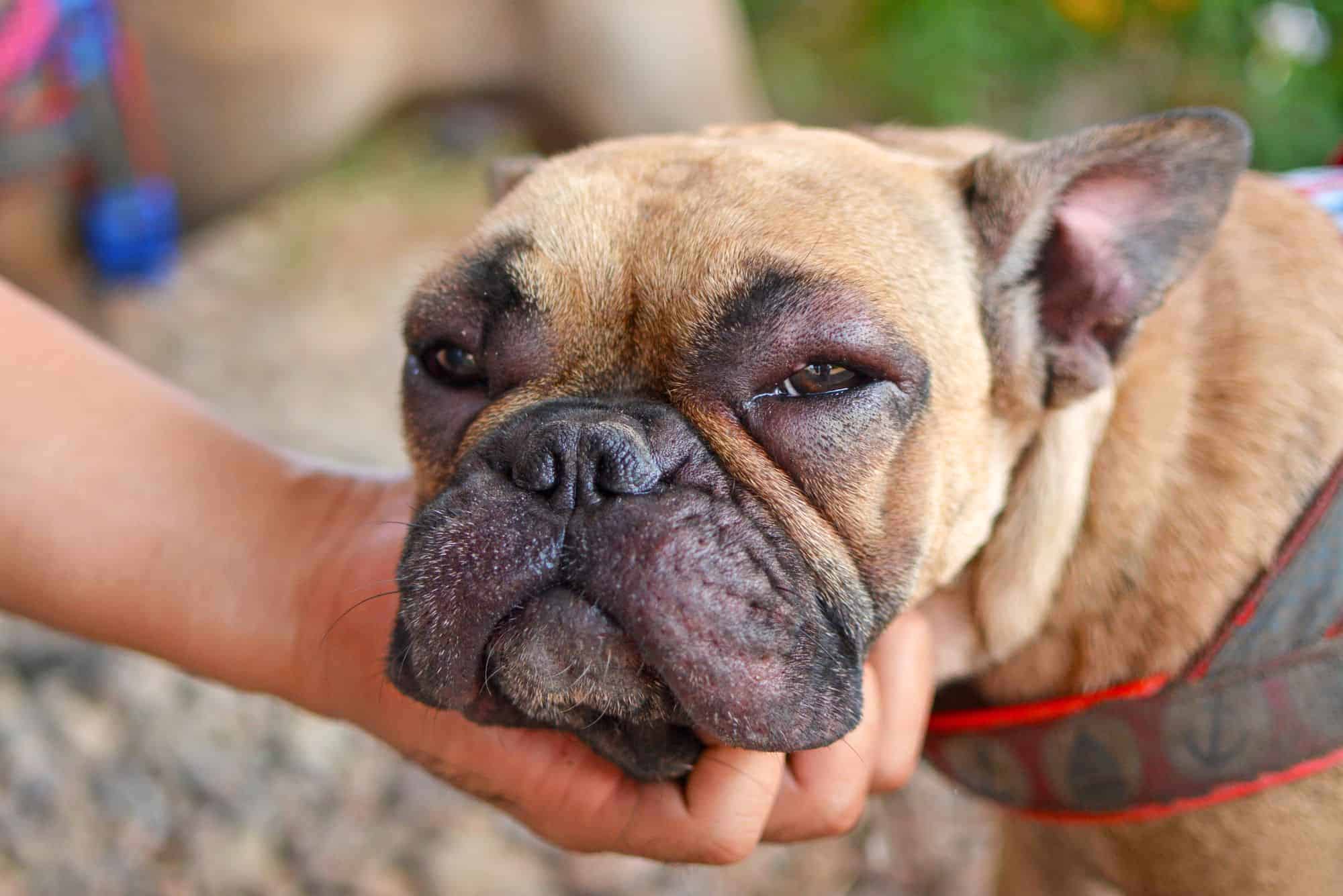Paws for Concern: Understanding and Treating Allergies in Dogs

Allergy season is no one’s favorite time of year. When our pets are affected, it can be even less fun. Unfortunately, dog allergies are a commonly diagnosed veterinary issue. Animal Medical Hospital & Urgent Care has what you need to know, though, for canine allergies.
What Dog Allergies Look Like
You might be wondering what allergies even look like in dogs. Rest assured, that if your pet is affected, you will take notice.
Symptoms of canine allergies include:
- Itching or scratching
- Licking more than normal (especially paws)
- Red or irritated skin
- Scabs or hair loss
- Irritated or itchy ears
- Bad odor
- Oily coat
- Rubbing the face
- Scooting
- Red or watery eyes
- Less commonly sneezing
- Diarrhea and/or vomiting
Dog allergies can be pretty miserable and affected pets often need veterinary intervention. It is also important to note that there are other conditions that can result in similar symptoms, so it is best to have a veterinarian diagnose your pet. Contact us if you think that your pet might be affected by allergies.
Treatment Options for Dog Allergies
The treatment options for dog allergies can vary depending on what your pet is allergic to. Common allergens affecting dogs include things like flea saliva, protein sources in foods, grasses, molds, pollens, dust, and contact irritants.
In most instances, we can’t totally avoid allergens, and in some cases, your pet might even have multiple allergies.
Once we have eliminated other causes of your dog’s allergy symptoms, we may recommend further testing. Samples to look for secondary infections, parasites, and other complicating factors may be taken. In more severe cases, allergy testing for dogs may be done via blood or intradermal techniques.
There is no universal treatment for dog allergies. Rather, we need to take the individual pet’s condition into account as well as trial and error to find the right combination to manage the issue.
Your pet may be recommended:
- Prescription flea control
- Local or systemic antibiotics if secondary infection is present
- Medicated shampoos, ointments, or creams
- Nutraceuticals, such as omega-3 fatty acids
- Systemic medications to block itching and decrease inflammation
- Allergy serum injections
- A food trial on a prescription diet
It’s important that we work together to find out how to best help your pet. Dog allergies might not be much fun, but together we can find a way to help your pup feel their best.
